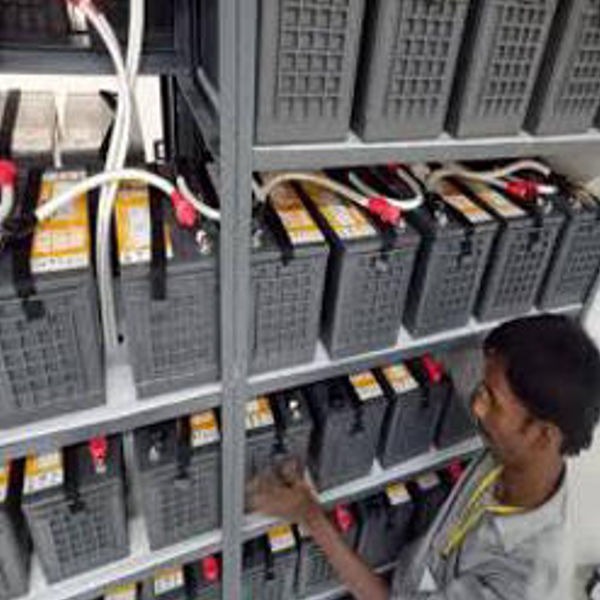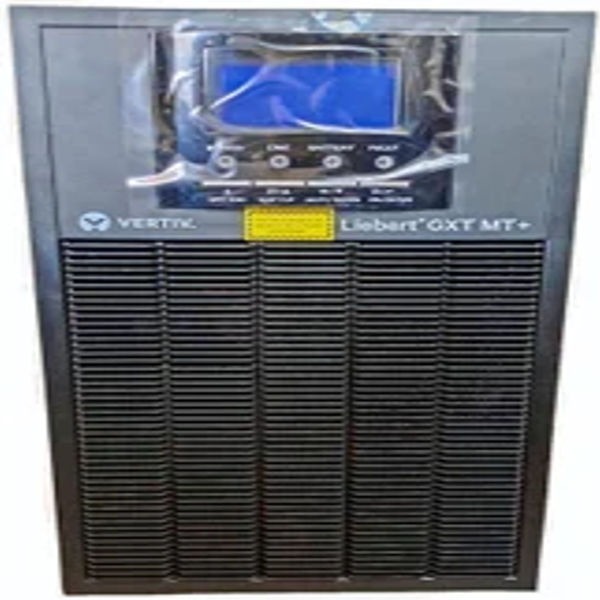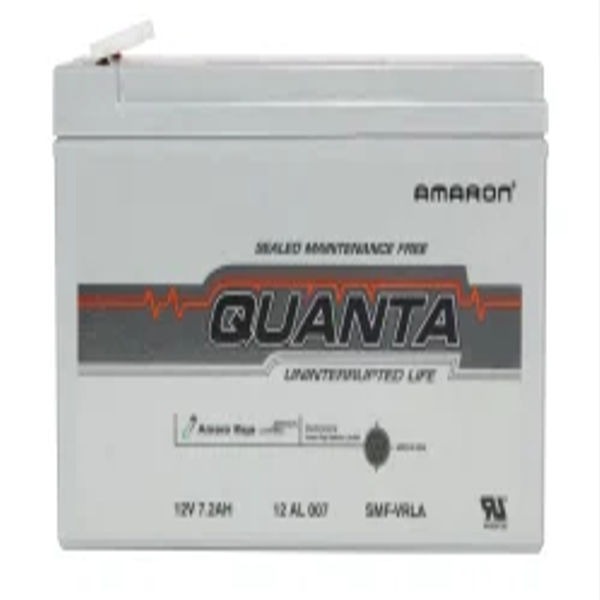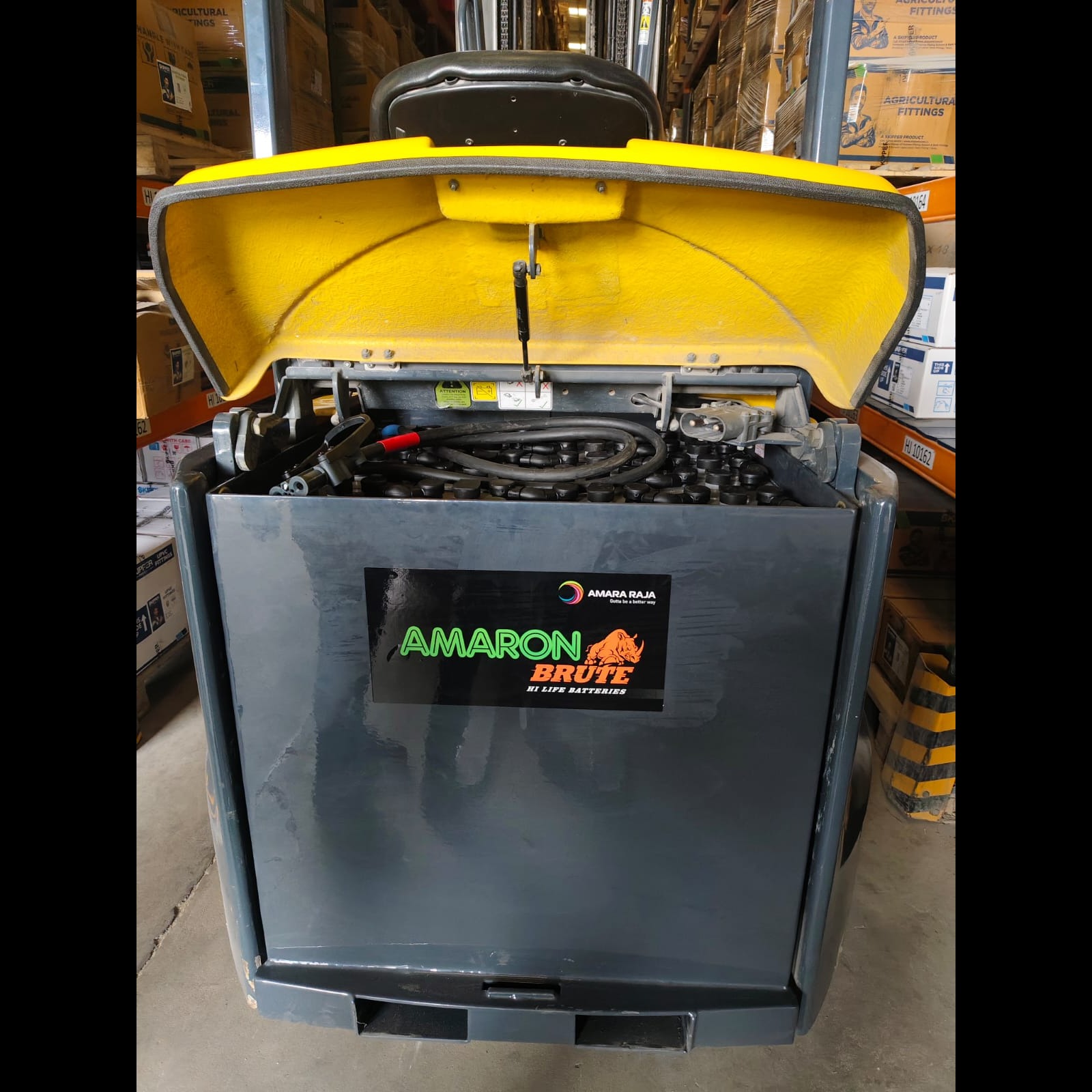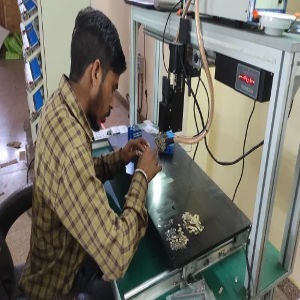
Repairing And Maintaining UPS In Delhi
Repairing And Maintaining UPS (Uninterruptible Power Supply) batteries is crucial for ensuring the reliability and longevity of the power backup system. Here’s a detailed overview of UPS battery maintenance and repair practices.
UPS Battery Types
Lead-Acid Batteries:
Valve-Regulated Lead Acid (VRLA): Maintenance-free and sealed, suitable for most UPS systems.
Flooded Lead Acid: Requires periodic maintenance and water topping.
Lithium-Ion Batteries:
Increasingly used due to longer life and higher efficiency but may require specific handling protocols.
Maintenance Practices
Regular Inspections:
Visual Check: Inspect batteries for physical damage, corrosion, or leaks. Look for swelling or bulging in case of lead-acid batteries.
Connections: Ensure all terminals and connections are tight and free of corrosion.
Cleaning:
Clean battery terminals with a mixture of baking soda and water to remove corrosion. Rinse with clean water and dry thoroughly.
Battery Testing:
Voltage Checks: Regularly measure the voltage of each battery to identify weak cells.
Load Testing: Perform load tests to ensure the battery can deliver the expected capacity under load conditions.
Temperature Monitoring:
Monitor battery temperature, especially in environments with high heat, as excessive temperatures can affect battery performance and lifespan.
Electrolyte Level (for Flooded Batteries):
Check and maintain the electrolyte levels in flooded lead-acid batteries. Top up with distilled water as necessary.
Battery Health Monitoring:
Use battery management systems (BMS) for advanced monitoring of battery health, state of charge, and state of health.
Repair Practices
Identifying Faults:
Common issues include short-circuited cells, sulfation, and capacity loss. Use diagnostic tools to identify problems.
Replacing Individual Batteries:
If a battery within a pack fails, replace only the faulty battery if it’s compatible. However, it\'s often recommended to replace all batteries in a series to ensure uniform performance.
Equalization Charging (for Flooded Batteries):
Periodically perform equalization charging to balance the charge across all cells and prevent sulfation.
Reconditioning:
Some lead-acid batteries can be reconditioned through a process of controlled charging and discharging to restore capacity. This is not always successful and should be done by professionals.
Battery Replacement:
When batteries reach the end of their lifespan (typically 3-5 years for lead-acid), replace them with new ones. Ensure that replacements meet the manufacturer\'s specifications.
Best Practices for Maintenance
Documentation:
Keep records of inspections, tests, and replacements to track battery performance over time.
Environmental Conditions:
Maintain an optimal environment for batteries—ideally, a cool, dry place free from excessive humidity and temperature fluctuations.
Professional Servicing:
Consider engaging professionals for complex repairs or maintenance tasks, especially for large or critical UPS systems.
Training:
Train personnel on proper handling, maintenance, and safety procedures related to UPS batteries.
Conclusion
Regular maintenance and timely repairs of UPS batteries are essential for ensuring the reliability of power backup systems. By implementing best practices, monitoring battery health, and addressing issues promptly, you can prolong the life of your UPS batteries and enhance overall system performance. If you have specific questions or need further details on any aspect, feel free to ask!
Keywords
3-5 years
high heat
load tests
weak cells
longer life
baking soda
clean water
Load Testing
Visual Check
Common issues
capacity loss
water topping
UPS batteries
Voltage Checks
timely repairs
Best Practices
faulty battery
Delhi Repairing
distilled water
complex repairs
load conditions
physical damage
Battery Testing
Maintaining UPS
cool, dry place
diagnostic tools
repair practices
most UPS systems
expected capacity
safety procedures
maintenance tasks
Electrolyte Level
higher efficiency
detailed overview
Flooded Batteries
UPS Battery Types
Flooded Lead Acid
excessive humidity
specific questions
Lead-Acid Batteries
Regular Inspections
Regular maintenance
optimal environment
Battery Replacement
battery temperature
uniform performance
advanced monitoring
battery performance
power backup system
Individual Batteries
periodic maintenance
critical UPS systems
Equalization Charging
short-circuited cells
Lithium-Ion Batteries
Maintenance Practices
Professional Servicing
excessive temperatures
Temperature Monitoring
UPS battery maintenance
Clean battery terminals
temperature fluctuations
Environmental Conditions
Maintenance Documentation
Battery Health Monitoring
Valve-Regulated Lead Acid
battery management systems
overall system performance
specific handling protocols
Uninterruptible Power Supply
